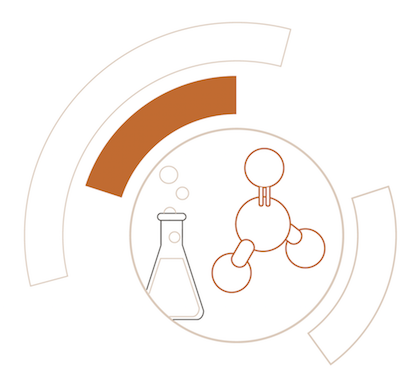
The seminar held at the headquarters of CATAS on June 27th, on the subject of the European and US legislation on Formaldehyde was extremely interesting and successful.
Given the continuous requests we are receiving on this subject we decided to briefly report what was presented during the meeting.
USA.Since March 22nd the mutual recognition between CARB P2 and TSCA Title VI has ended, therefore the companies that are in the American market without having certainty about the final destination for ease of management, they will purchase material
with double certification. For CARB and TSCA Title VI the limits are identical, so this is not a difficulty find in the Italian market panel who already have double certification.
From March 22nd is also active the "import certification" which requires that the
importers before arrival, with a specific software from US customs agencies, certify that the material complies to TSCA Title VI.
However, as often happens, due to a sort of chain of protection, the request for additional documentation arrive to the manufacturing companies which, even if not strictly obliged, compile the documents for more commercial than bureaucratic reasons. One of the documents that we are seeing most frequently is titled "TSCA Title VI certification toxic Substance Control ACT" where companies are required to guarantee first that the finished goods are made by certified material and to be able to make the documents available within 30 days against a request from part of the competent authorities (EPA).
Another question we are often asked is about
possible checks or fines for the use and shipment of non-compliant material. During the meeting examples of actions taken or fines imposed transversally on all the involved subjects (TPC, importers, retailers, producers, etc.) were shown. The typical action is the customs block of the material made with non-certified materials; while for fines, given that America is the subject the sanction is not fixed but rather a function of the potential damage hypothesized during the trial phase.
Germany.The "hottest" topic was certainly the one related to the new German law called
UBA (BAnz AT 26.11.2018 B2) which, except for last-minute actions,
will come into force from next January 1st, 2020.Without going into too much detail already dealt with in a specific previous newsletter article (
Formaldehyde in Germany: new methods and new limits) the new law will impose
a new emission class equal to half of the current E1 class.As for the E1 class concerning the Italian market a product certification is not required by German law, but it is the manufacturer who must take responsibility for ensuring that the material sold in the German market respects this limit
However, in order to have a further guarantee many distribution companies already require or will require a product certification whose release will be delegated to laboratories like CATAS.
Unfortunately, what the legislature has not considered is the actual availability of laboratory equipment to verify first and then certify the materials destined to the German market.
All the laboratories in terms of equipment in the last few years have struggled, and not a little, to keep up with the demands of CARB and of EPA and then to meet this new request a linear increase of equipment, spaces and staff will no longer suffice and only a real quantum leap will be necessary. CATAS to satisfy all requests first of all has accredited all the standards for the verification of UBA’s compliance and has launched a t
wo-year project called “1HCP” (1 Hundred Chamber Project) to be able, with an important economic investment, to increase the potential of testing.
For info:Daniele Bergamasco
+39 0432 747249
bergamasco@catas.com
